
If you love your pets and would do anything to give them the most excellent health possible, try home-cooked food that can give your faithful friend a healthier, happier – and longer – life
 Most pet food brands have hard-to-understand, highly-processed ingredients, which usually means the food you’re feeding your pup isn’t as fresh, healthy, or balanced as you might think. And with every brand claiming to be the best, it’s hard to find the one that will supply your dog with the right balance of nutrition to keep their tail wagging for a long time. Here’s where home-cooked food come in. There is nothing complex about cooking healthy, wholesome food for your four-footed family members. That, too, at a fraction of the cost of high end commercial pet food! “Feeding a dog is no more difficult than feeding a child,” says the much experienced veterinarian, Brig K. V. Rappai (Retd). “It’s easier for people to cook for a dog,” he says. “They’ll eat what you give them for the most part.”What he means to say is cooking for dogs is no rocket science. So don’t take any pressure from the veterinarians and there is no need to get cornered over all these numbers — milligrams of calcium, percentage of protein etc. “Just like what we eat is crucial to our long-term health, it’s the same for the dogs,” he adds. But how many of us pause to extend that logic to our dogs?
Most pet food brands have hard-to-understand, highly-processed ingredients, which usually means the food you’re feeding your pup isn’t as fresh, healthy, or balanced as you might think. And with every brand claiming to be the best, it’s hard to find the one that will supply your dog with the right balance of nutrition to keep their tail wagging for a long time. Here’s where home-cooked food come in. There is nothing complex about cooking healthy, wholesome food for your four-footed family members. That, too, at a fraction of the cost of high end commercial pet food! “Feeding a dog is no more difficult than feeding a child,” says the much experienced veterinarian, Brig K. V. Rappai (Retd). “It’s easier for people to cook for a dog,” he says. “They’ll eat what you give them for the most part.”What he means to say is cooking for dogs is no rocket science. So don’t take any pressure from the veterinarians and there is no need to get cornered over all these numbers — milligrams of calcium, percentage of protein etc. “Just like what we eat is crucial to our long-term health, it’s the same for the dogs,” he adds. But how many of us pause to extend that logic to our dogs?
Dogs need a balanced and varied diet. There is good research to show that a low-carbohydrate, high-protein, fruit and vegetable diet is the optimum way to feed them. The best way to achieve this is with a mixture of shop-bought wet food, raw food and home-cooked grub.
DITCH THE DRY FOOD
If you can only do one thing for your dog, I recommend you cut down on the amount of kibble you give or even ditch it entirely. The process by which dried pet food is produced involves refining the carbohydrate content. Refined carbohydrates can play havoc with your dog’s blood-sugar levels and irritate their gut. In addition, some brands contain raw starch, which can be harmful because the bad bacteria in the gut thrive on it, overwhelming the good and leading to problems ranging from bad breath and wind to colitis and skin problems.
As we’ve seen, the wrong kind of diet can cause many problems for our canine companions. Cooking your dog’s meals from scratch gives you the advantage of being able to select ingredients he likes, while avoiding those that set off problems. And as you’ll be feeding your dog more nutrient-rich food, he’ll need less of it. Overall, home-cooked food can make a massive difference to your pet’s health, especially if you’re switching from shop-bought food.
CAN THEY EAT LEFTOVERS?
Another divisive topic is whether to feed your dog leftovers, so here’s a guide to what you can sensibly feed them…
They can have…
■ Meat – with all the fat, skin and bones removed.
■ Fish – with no bones.
Potatoes – a bit of leftover mash is fine, as is a boiled potato, but steer clear of fried potatoes.
But they can’t have…
■ Fatty meat or fatty foods. These can cause pancreatitis in dogs.
■ Foods with added salt and pepper. Remove any seasoned skin from meat.
■ Stews and casseroles. Fat, salt, wine, Worcestershire sauce and onions are all bad for dogs.
■ Gravy, even home-made, contains too much salt for pets. Just say NO.
■ Fast food. No surprises – this is also a no-no!
FOODS TO AVOID
Some human foods are dangerous for dogs. Here’s what they cause…
■ Chocolate: Seizures, heart arrhythmia, death
■ Alcoholic drinks: Depression of central nervous system, slow respiratory rate, can be fatal
■ Onions: Damage the red blood cells – anaemia
■ Raisins and grapes: Diarrhoea, dehydration, kidney failure
■ Avocado: Upset stomach. The stone can cause obstruction if swallowed
■ Coffee, tea, cola and energy drinks: Seizures, heart arrhythmia
■ Milk, yoghurt, cream: Dogs can be lactose-intolerant causing stomach upset, diarrhoea, itchy skin.
■ Sweets, chewing gum, diet foods, toothpaste: Rapid drop in blood sugar caused by increased insulin release. Disorientation and seizures, liver failure
■ Fat trimmings from meat: Liver and kidney problems, pancreatitis
To read more, subscribe to Buddy Life!




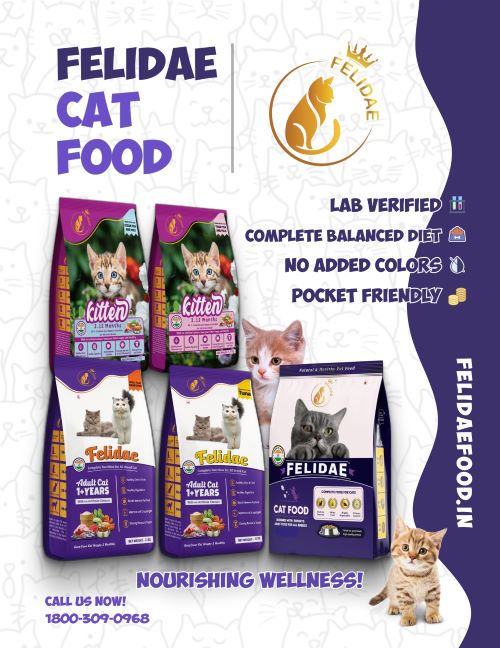
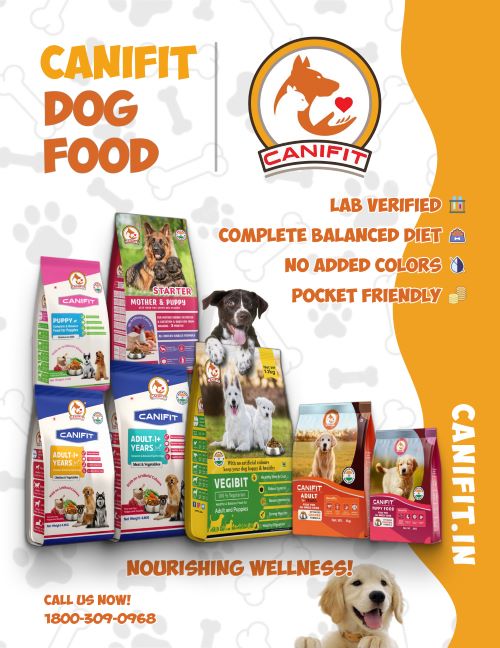

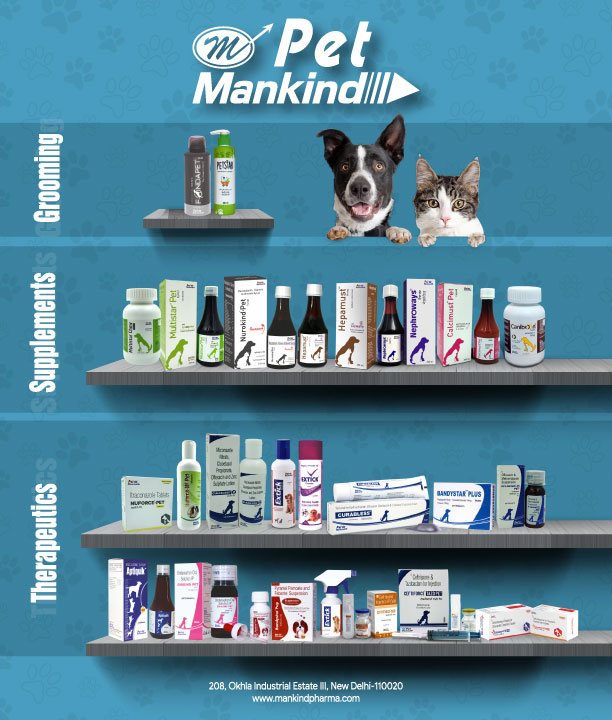
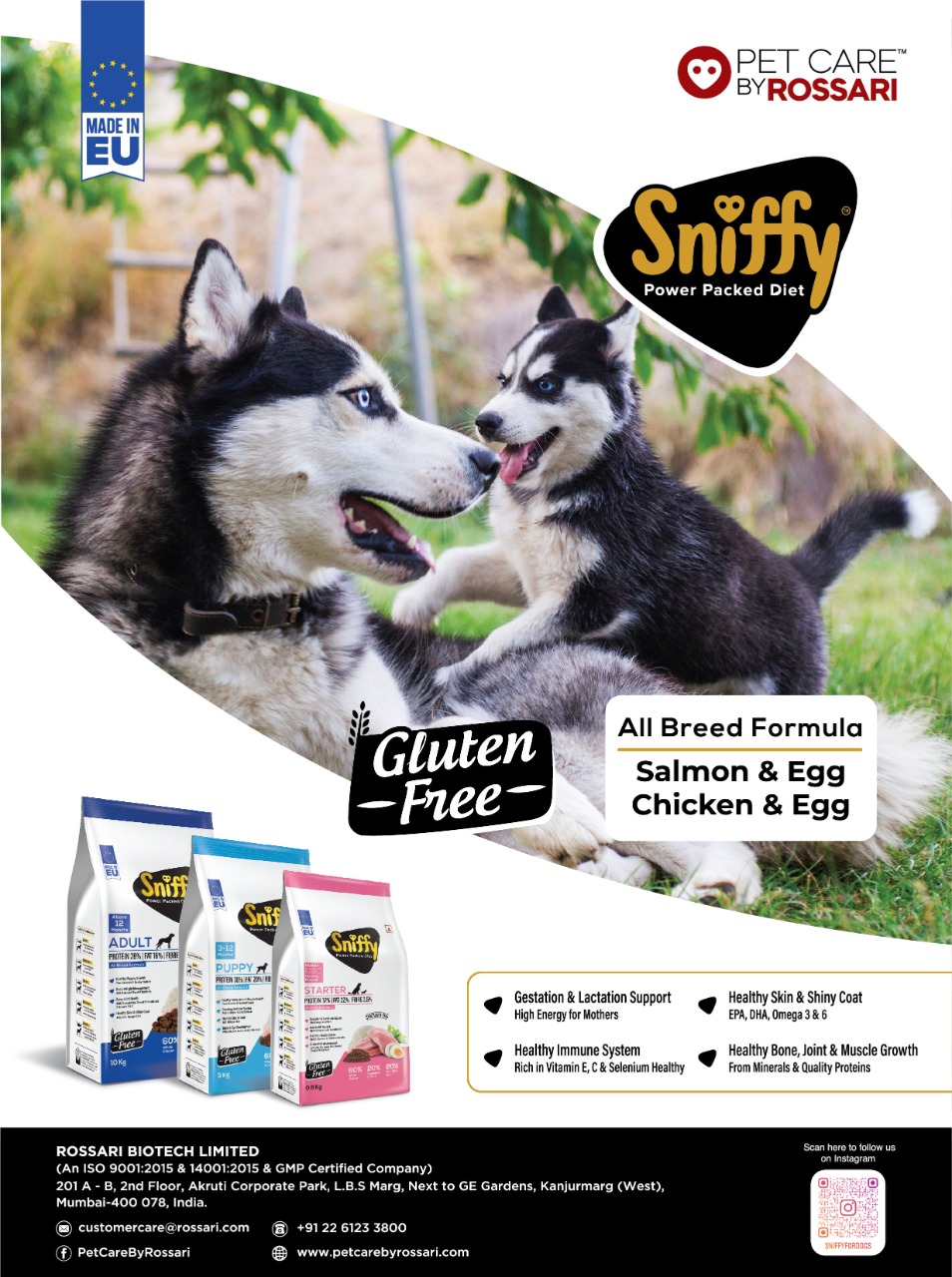
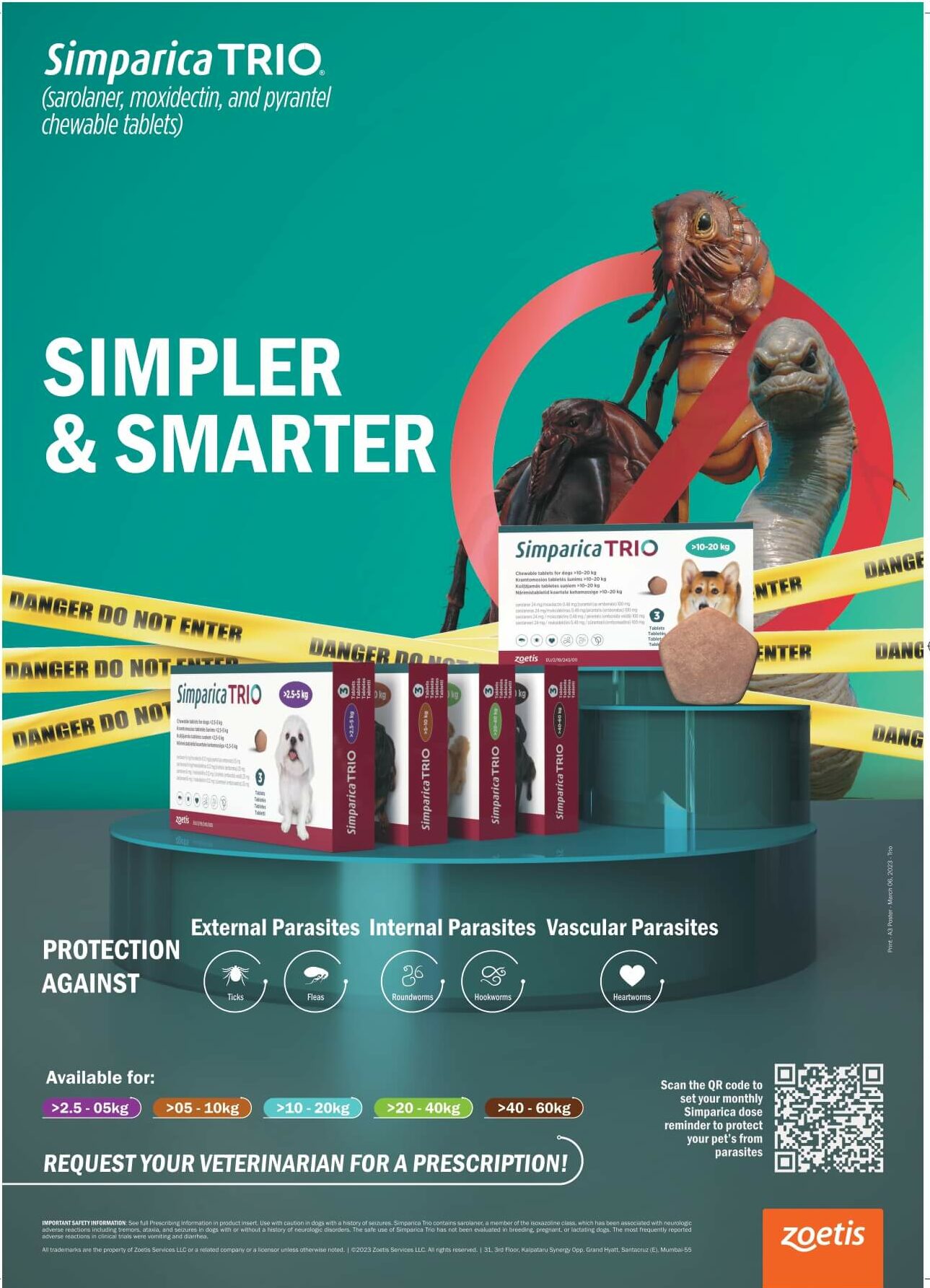
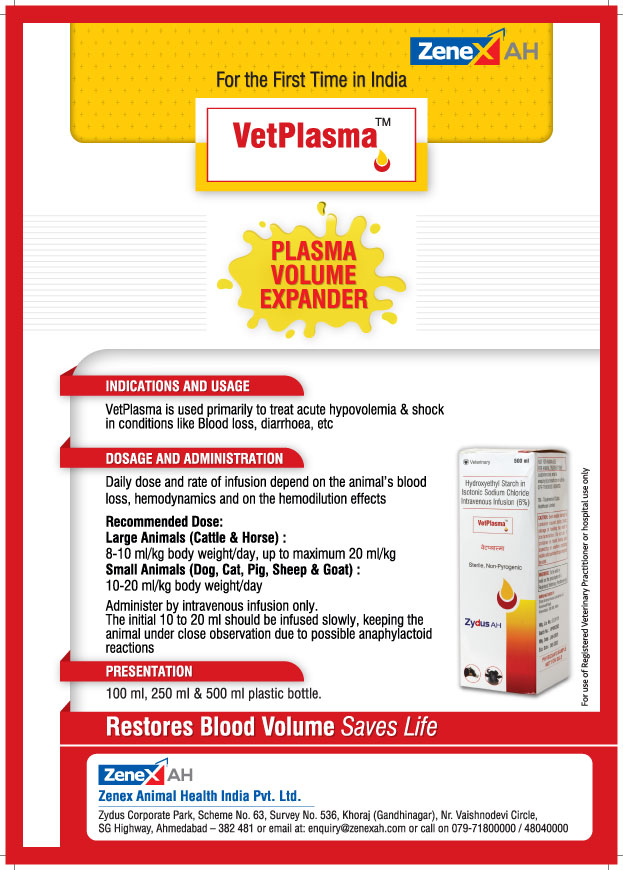

 " >
" >
 " >
" >